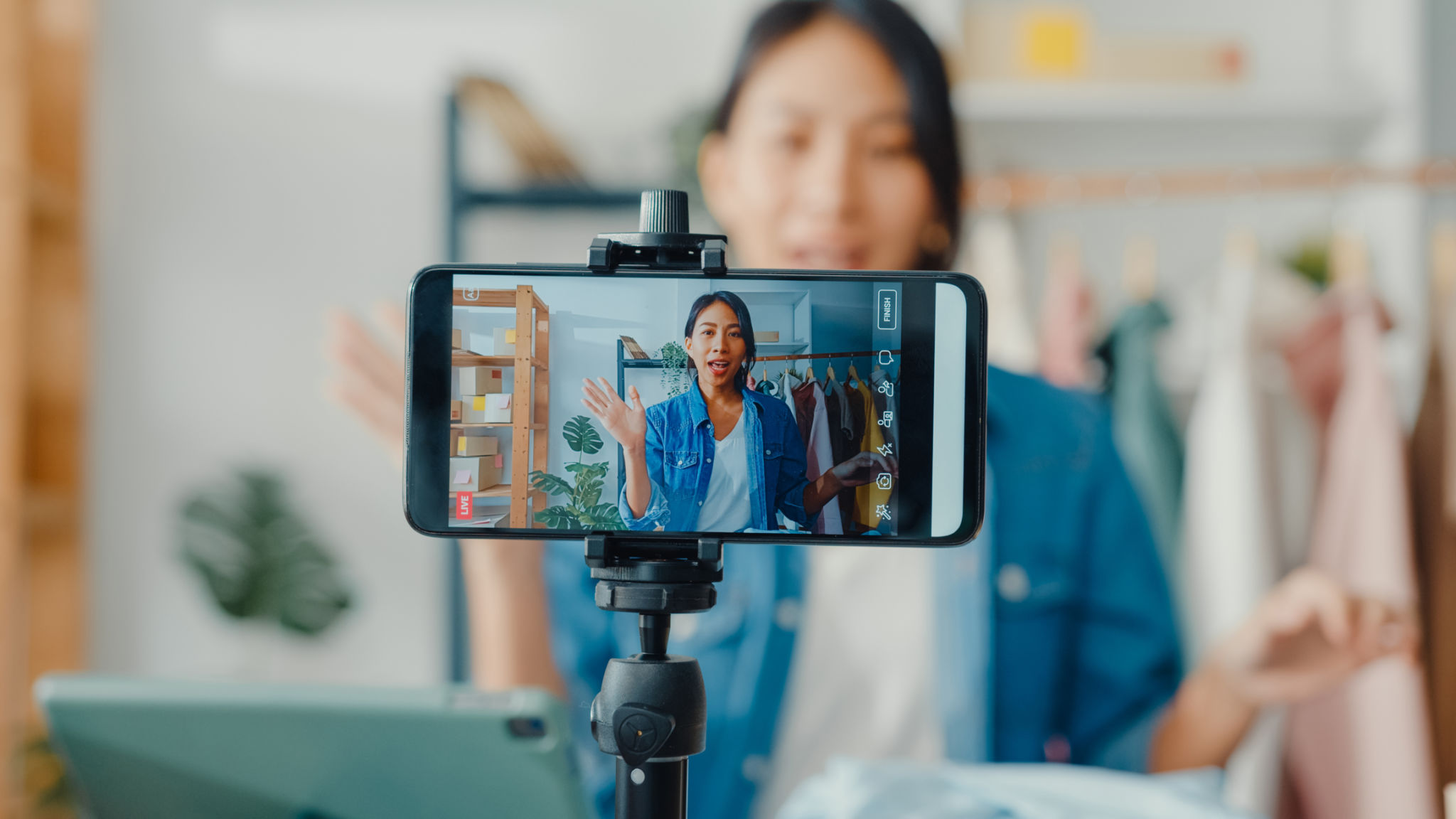Behind the Scenes: Successful Brand Collaborations in Influencer Marketing
Understanding Brand Collaborations in Influencer Marketing
Brand collaborations with influencers have emerged as a powerful strategy in the marketing world. By leveraging the reach and authenticity of influencers, brands can tap into niche audiences and build trust. But what happens behind the scenes of these successful partnerships? This post will delve into the intricacies, providing insights into how these collaborations are formed and executed.

Selecting the Right Influencer
The first step in crafting a successful collaboration is selecting the right influencer. Brands must consider factors like audience demographics, engagement rates, and the influencer's personal brand alignment with their own values. A mismatch can lead to ineffective campaigns, so careful vetting is crucial. Brands often employ tools and analytics to assess these factors before reaching out.
Moreover, it's essential for brands to look beyond just follower counts. Engagement metrics such as comments, shares, and likes can provide a better indication of an influencer's ability to connect with their audience. This connection is vital for authentic promotion.
Crafting a Collaborative Strategy
Once the right influencer is chosen, the next step is developing a collaborative strategy. This involves setting clear goals and objectives that align with both the brand's mission and the influencer's style. The collaboration should feel natural and authentic to resonate with the audience effectively.

Brands and influencers often work together to brainstorm campaign ideas, ensuring that the content will engage the audience while achieving the brand's objectives. This collaborative approach fosters creativity and authenticity, which are key components of successful influencer marketing.
Managing the Collaboration Process
During the execution phase, communication is paramount. Both parties must maintain open and transparent communication to ensure the campaign runs smoothly. This involves regular updates, feedback sessions, and adjustments as needed based on audience reactions.
- Set expectations early on regarding content delivery timelines.
- Use project management tools to keep track of tasks and deadlines.
- Encourage open feedback to optimize content before it goes live.

Measuring Success
The success of a brand collaboration is measured through various metrics. Tracking tools can assess reach, engagement, and conversion rates to determine if the campaign met its objectives. Brands should analyze these metrics to gather insights for future collaborations.
It's also beneficial to gather qualitative feedback from both the influencer and their audience. Understanding what worked well and what could be improved provides valuable lessons for future campaigns.
Case Studies: Successful Collaborations
Several brands have set benchmarks in influencer marketing through their innovative collaborations. These case studies highlight different approaches and strategies that have proven successful:
- Fashion Brand X: Partnered with a lifestyle influencer to showcase a new clothing line through a series of Instagram Stories, resulting in a substantial increase in web traffic.
- Tech Company Y: Collaborated with a tech blogger for a product launch, utilizing YouTube for detailed video reviews that drove high engagement and conversions.
- Beauty Brand Z: Teamed up with beauty gurus for a challenge campaign on TikTok, creating viral content that significantly boosted brand visibility among younger audiences.

The Future of Influencer Collaborations
The landscape of influencer marketing is continually evolving. As brands become more sophisticated in their approaches, the demand for genuine, meaningful collaborations will only grow. Innovations in technology will further enhance how these partnerships are formed and measured, offering exciting possibilities for brands willing to adapt and innovate.
Overall, successful brand collaborations hinge on strategic planning, effective communication, and a shared vision between brands and influencers. By looking behind the scenes at what makes these partnerships thrive, brands can better harness the power of influencer marketing for future success.
